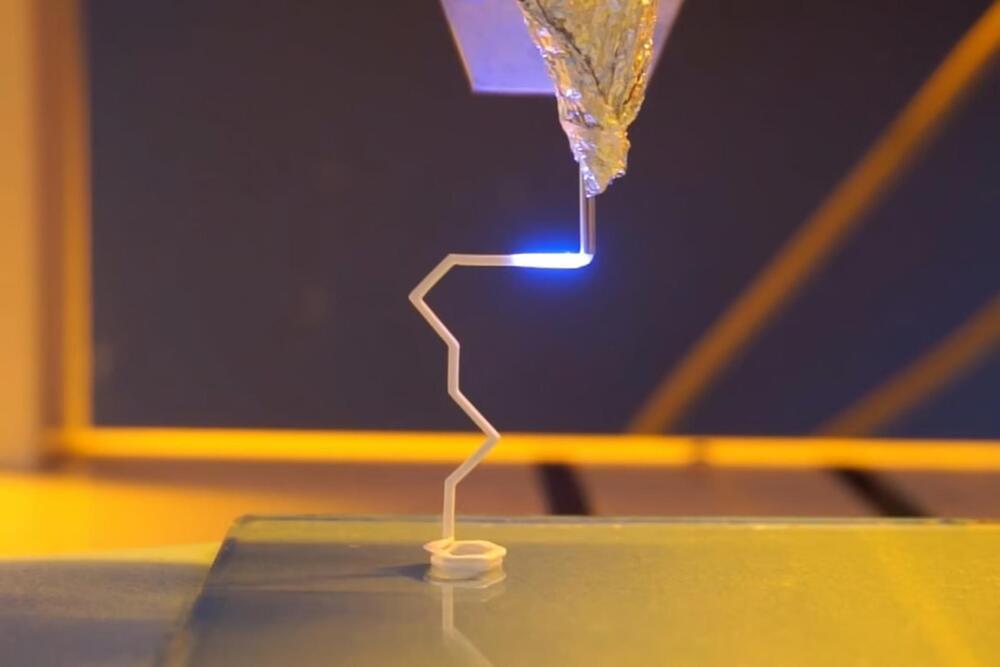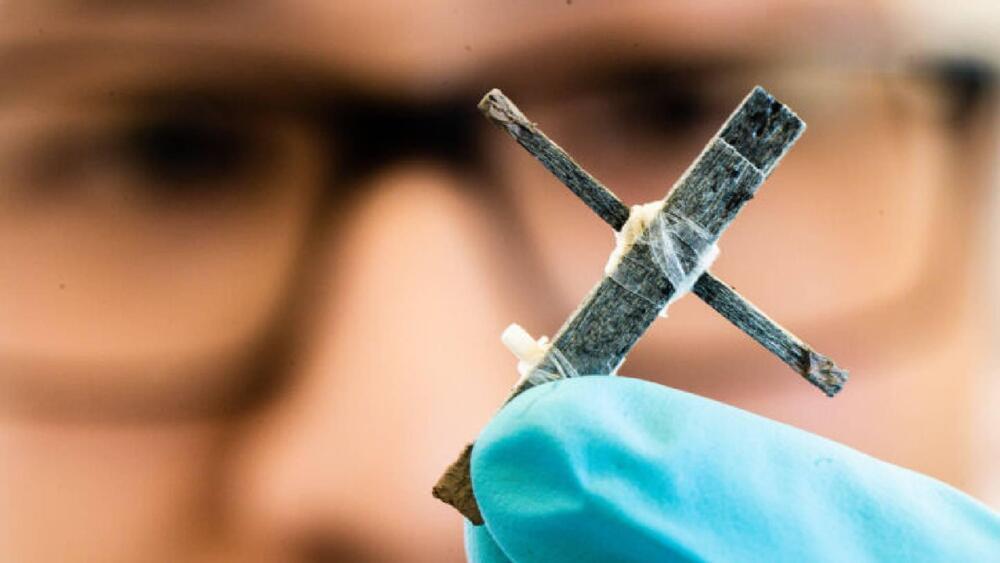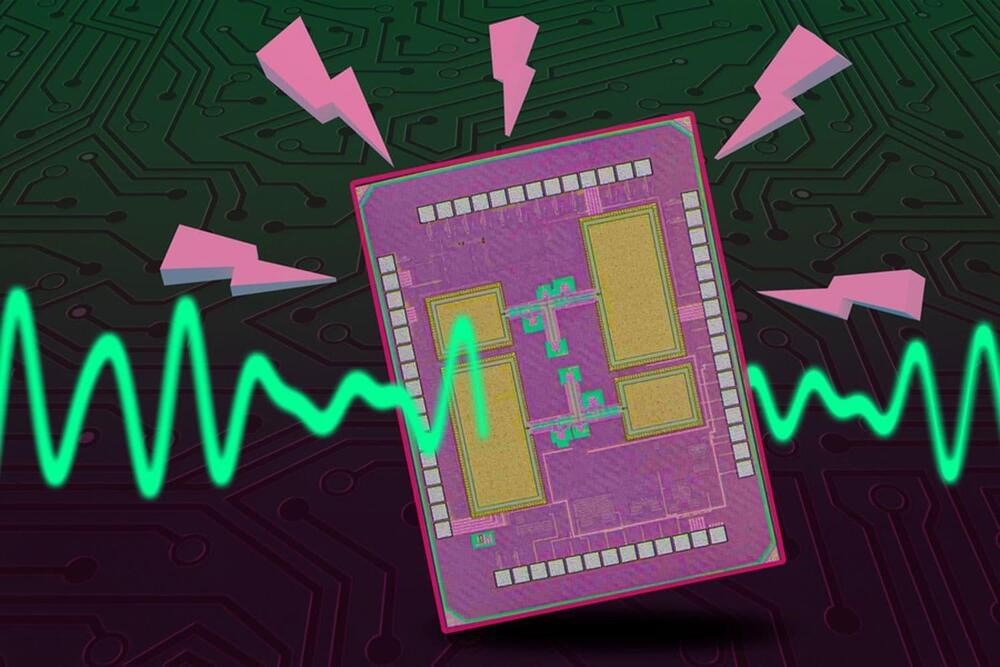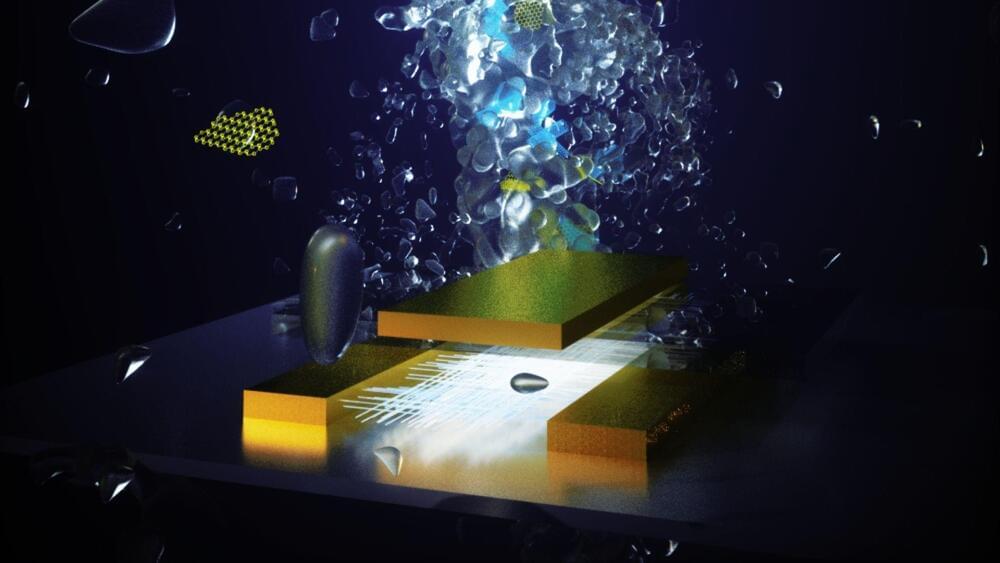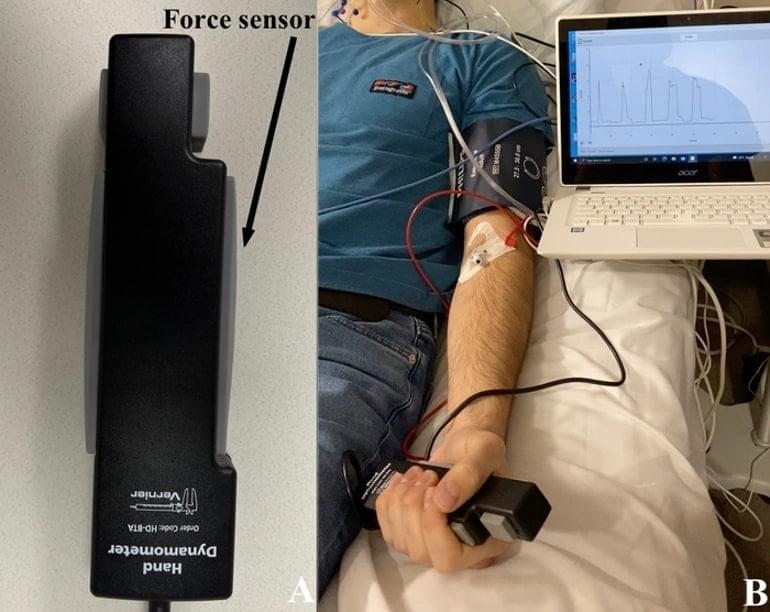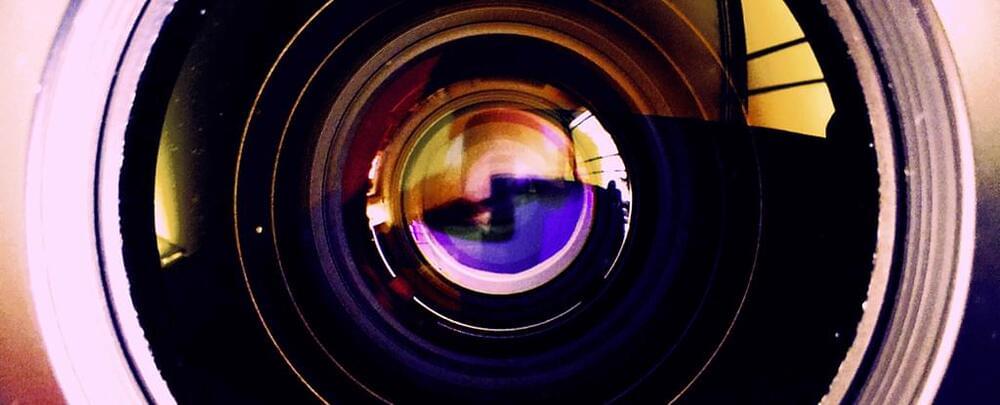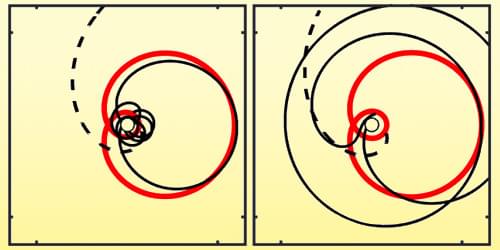
Twenty years ago, Ferenc Krausz, Theodor Hänsch, and their collaborators used a femtosecond near-infrared (NIR) laser to compel neon atoms to emit pulses of extreme ultraviolet (XUV) light that lasted a few hundred attoseconds. The landmark feat depended on the laser’s strong oscillating electric field, which tore away the atoms’ valence electrons and hurled them back half a cycle later. Now Tobias Heldt of the Max Planck Institute for Nuclear Physics in Germany and his collaborators have developed a new experimental technique that is, in a sense, a mirror image of the 2003 demonstration: they used attosecond XUV pulses to free the valence electrons and to then track their response to femtosecond NIR laser pulses [1].
When a few-cycle femtosecond NIR pulse passes through helium gas, the atoms’ dipole moments fluctuate as the electrons move away and then recollide. Those fluctuations in turn are manifest in the gas’s absorption spectrum. Heldt and his collaborators set out to measure the fluctuations and, from them, infer the electrons’ trajectories.
The attosecond XUV pulse in their experiment did double duty. It ionized the helium atoms to bring the electrons under the influence of the NIR pulse. It also interfered with the fluctuating dipole moments. As a result, the XUV pulse carried away the dipoles’ spectral imprint, which the team measured with a grating spectrometer.
